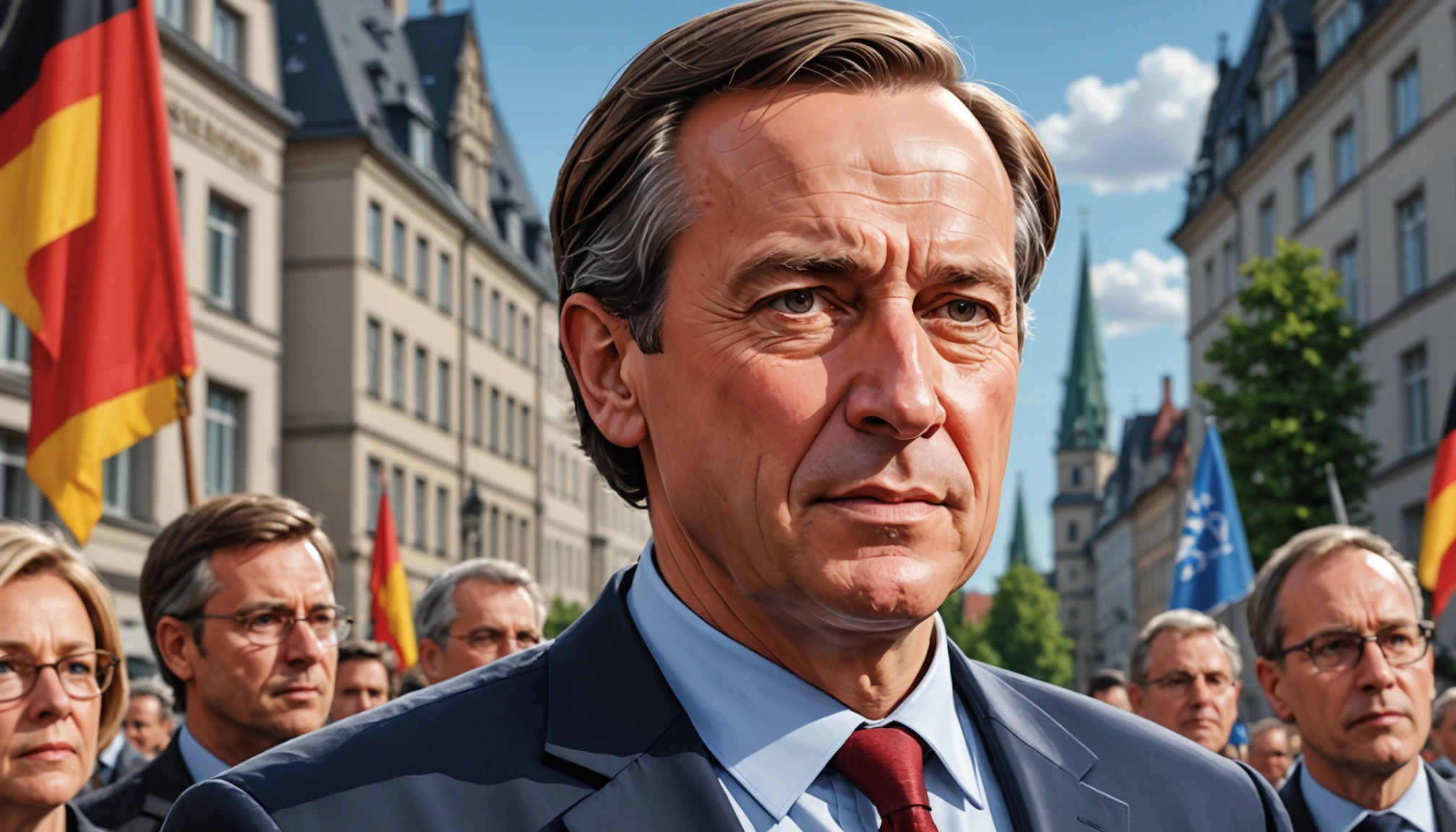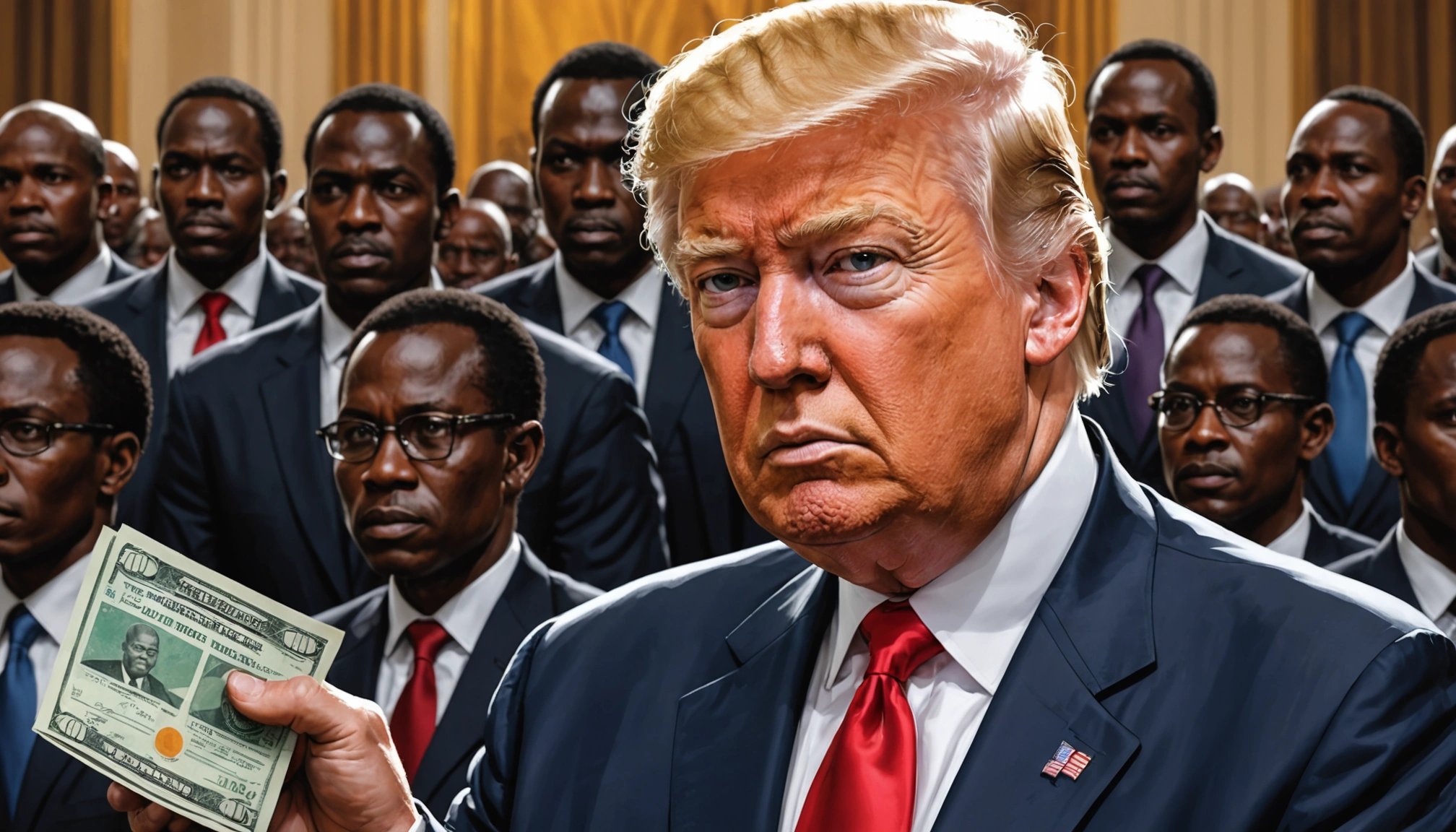Chancellor Merz Ushers in New Political Era for Germany

BERLIN – Friedrich Merz has officially taken office as Germany's new chancellor, marking a significant shift in the country's political landscape after Angela Merkel's long tenure. The veteran politician and leader of the center-right Christian Democratic Union (CDU) is charting a new course for Germany, characterized by a more confrontational style, a focus on transatlantic relations, and promises of economic reform.
From Merkel's Centrist Approach to Merz's Conservative Vision
Merz's ascent to the chancellorship follows the CDU's victory in the recent national elections, where they secured 28.5% of the vote. His leadership marks a departure from the consensus-driven approach of his predecessor, Angela Merkel, who led Germany for nearly two decades. While Merkel was known for her calm demeanor and ability to bridge societal divides, Merz has adopted a more assertive and, at times, polarizing style. This shift has been met with mixed reactions, with some praising his directness and others criticizing his confrontational tactics.
Merz took the helm of the CDU in 2022, following Merkel's departure from active politics. Unlike Merkel's centrist policies, Merz has steered the party further toward the right, emphasizing stricter migration controls and market-friendly reforms to revitalize Europe's largest economy. This ideological shift aims to address concerns among conservative voters and counter the rise of the far-right Alternative for Germany (AfD) party.
Economic Challenges and Reform Agenda
One of Merz's immediate priorities is to address Germany's stagnating economy. He has pledged to implement fundamental policy shifts, including market-friendly reforms, to stimulate growth and create jobs. His supporters view him as a competent politician who can offer practical solutions to the country's economic challenges.
Merz's background in the private sector, including his role as chairman of BlackRock's German division from 2016 to 2020, has drawn scrutiny from left-wing politicians. They argue that his ties to multinational corporations could lead him to prioritize the interests of lobby groups over public welfare. However, Merz maintains that his experience in the business world gives him valuable insights into how to improve Germany's economic competitiveness.
Foreign Policy and Transatlantic Ties
In foreign policy, Merz has signaled a pragmatic approach, consistently emphasizing the importance of transatlantic ties and close cooperation with the United States. Following the elections, he announced that visiting Washington, D.C., to meet with the U.S. President would be among his first priorities as chancellor, aiming to address trade, security, and other key issues.
Despite acknowledging growing tensions between the U.S. and EU, Merz believes that a strong transatlantic relationship is essential for addressing global challenges. He has also emphasized the need for EU member states to present a unified position and pursue common European interests in negotiations with the U.S.
On the issue of Ukraine, Merz has taken a stronger stance than his predecessor, advocating for enhanced military support, including the provision of long-range Taurus missiles. He argues that these advanced weapons systems would help Ukraine disrupt Russian military supply lines, particularly those connected to Crimea.
Domestic Priorities and Coalition Building
Merz faces the complex task of governing Germany through a coalition with the Social Democrats. Despite ideological differences, he has expressed his commitment to working with the center-left party to address the country's pressing challenges. He has repeatedly pledged not to work with the far-right anti-immigrant Alternative for Germany party.
One of Merz's key domestic priorities is to overhaul Germany's immigration policies. He has called for stricter migration controls and a more comprehensive approach to integration. These proposals have been met with criticism from some quarters, who argue that they could lead to discrimination and social division.
Public Opinion and Challenges Ahead
Despite his extensive political background, Merz's personal popularity remains below that of Angela Merkel. Surveys indicate that he faces opposition from female voters, who view his political style as arrogant and dismissive toward women. His backing among young voters is also relatively low.
As he embarks on his chancellorship, Merz faces significant challenges, including revitalizing the economy, rebuilding voter trust, and containing the rise of the far-right. His success will depend on his ability to bridge divides, build consensus, and deliver on his promises of reform.
A New Chapter for Germany
The arrival of Friedrich Merz as Chancellor signals a new chapter in German politics. His conservative vision, emphasis on transatlantic relations, and commitment to economic reform represent a departure from the Merkel era. Whether he can successfully navigate the challenges ahead and unite the country remains to be seen, but his leadership promises to be a dynamic and transformative force in German and European affairs.
Related Articles


